Vitreous Humor
Tom Sturch
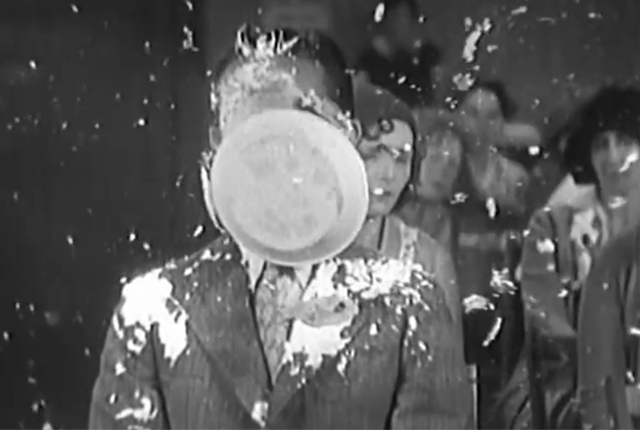 What they don't tell you is that getting older comes on you like a pie in the face: suddenly, unjustly, and funny to onlookers. And not funny to you. It comes like a slow-motion pratfall. It feels like a prank show genius has studied your increasing night-time eliminations and booby-trapped the route with a banana peel, a toy truck and a hoe in perfect succession. Aging comes blindly, symptom by symptom, each with its own joke.
What they don't tell you is that getting older comes on you like a pie in the face: suddenly, unjustly, and funny to onlookers. And not funny to you. It comes like a slow-motion pratfall. It feels like a prank show genius has studied your increasing night-time eliminations and booby-trapped the route with a banana peel, a toy truck and a hoe in perfect succession. Aging comes blindly, symptom by symptom, each with its own joke.
For instance, my glaucoma came first as night visions. The ones like shadow people. Presences by your bed at three in the morning that wait for you to wake up enough to give you a heart attack. They'll tell you later it's just the vitreous humor in your one eye increasing pressure on your last nerve, or something like that. But until they do the shadow people will get their nightly kicks at the price of your terror. And then once you know, it's as if the eye doctor and the soul-stealing succubi are in on it together. They aren't of course, but you'll swear you can hear the laugh track.
And here's the truly absurd part: I am giving you an account of what it's like to get older, but until you're there these stories will be about someone else and not you. And though you'll have been warned you still won't see it coming.
When Jesus was transfigured, even after forty days of enjoying his post-crucifixion presence, the disciples despaired for their imagined messiah: the one of a conquering hero who would restore Israel to glory. But instead he is one in a world of darkness as gradually dawning light.
If you're as lucky as me you'll survive the indignity of aging to discover the benefits of professional advice and new habits. I'm getting better sleep now. The shadow people are dissolved into a fuller reality. The same is happening with my wife. She was fitted with a continuous positive airway pressure device. You know the term CPAP. It's one of those things no one wants to have. An alien on your face and Wife of Darth jokes. You wear facial indentations to work every morning and swear people are thinking, Weren't you in Mad Max? or, Hey, Bane! But for years my wife was beset with irregular heart beats, palpitations that made her feel her chest would explode. And now she's better. We're better.
The face of love changes. You won't see it coming.
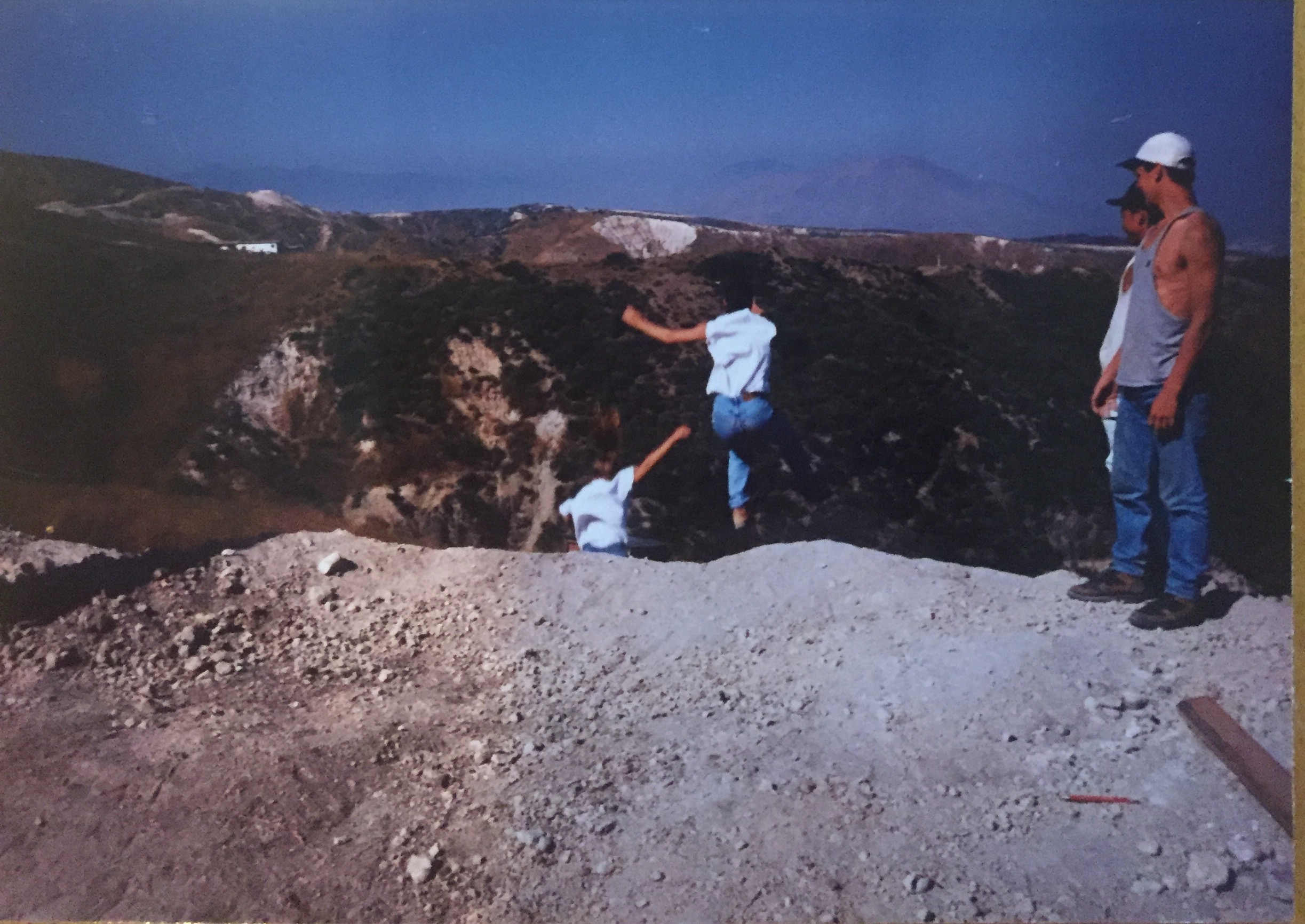
 Kiss me, and you will see how important I am.
—
Kiss me, and you will see how important I am.
—

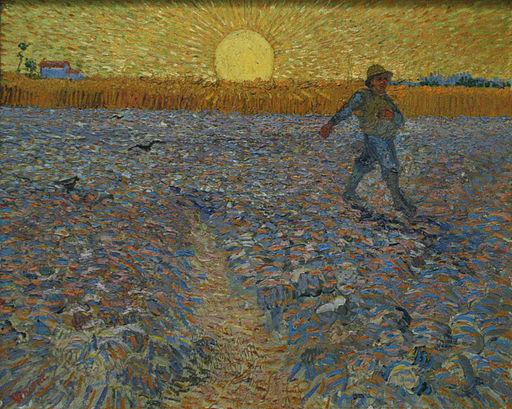
 Read
Read  On the second day of our impromptu beach vacation, Dennis decides to buy an electric planer at a local hardware store. “The oak panels need to be thinner, so they will resonate more once the harp is complete.”
On the second day of our impromptu beach vacation, Dennis decides to buy an electric planer at a local hardware store. “The oak panels need to be thinner, so they will resonate more once the harp is complete.”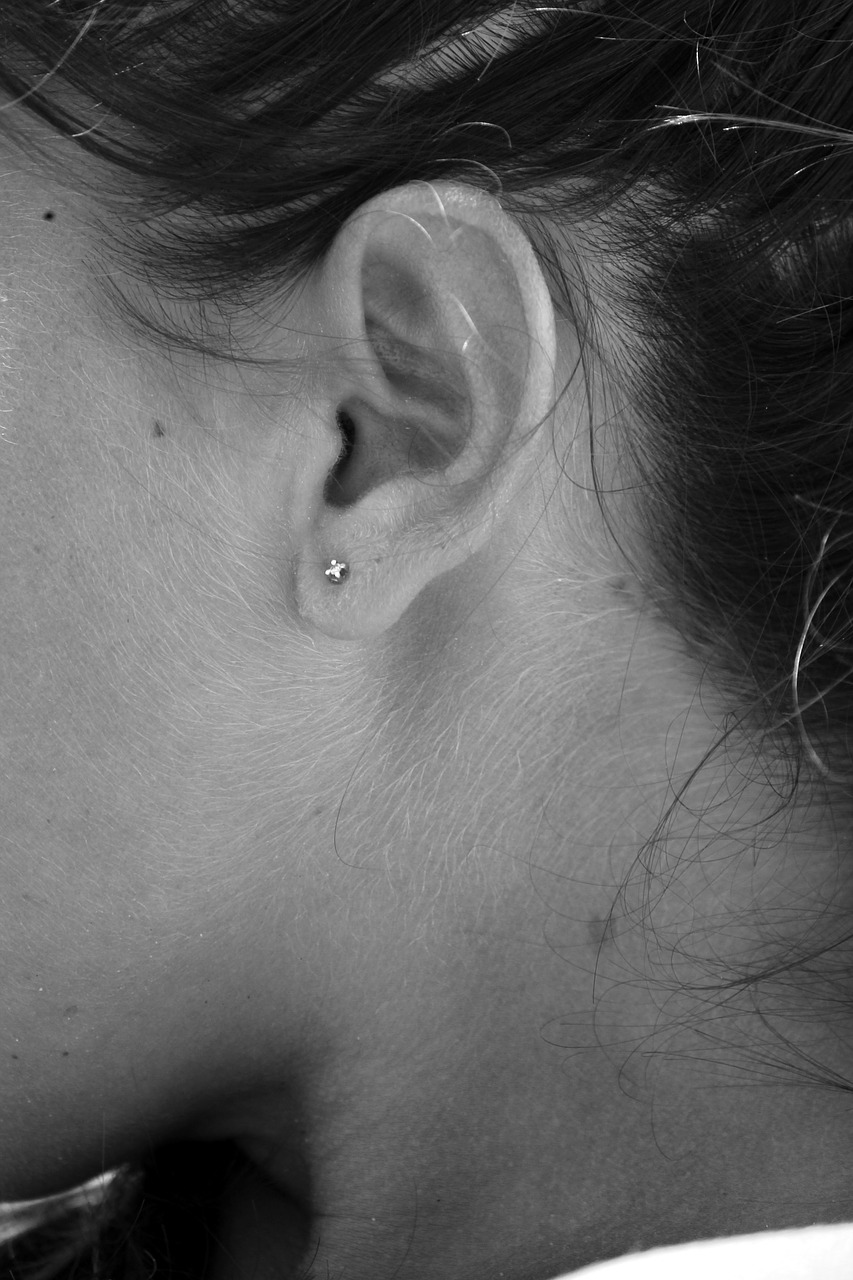 I was 27 years old when my daughter, my only child, Ellie, was born. It took years to conceive her, and then suddenly, on a pre-dawn Saturday morning, my water broke like the rainstorm that always arrives on days a meteorologist has confidently assured you, “Enjoy, folks. Today will be a sunny 70 degrees.” There were no signs Ellie would be a full three weeks early.
I was 27 years old when my daughter, my only child, Ellie, was born. It took years to conceive her, and then suddenly, on a pre-dawn Saturday morning, my water broke like the rainstorm that always arrives on days a meteorologist has confidently assured you, “Enjoy, folks. Today will be a sunny 70 degrees.” There were no signs Ellie would be a full three weeks early. “For the mouth speaks out of that which fills the heart”
—Matthew 12.34
“For the mouth speaks out of that which fills the heart”
—Matthew 12.34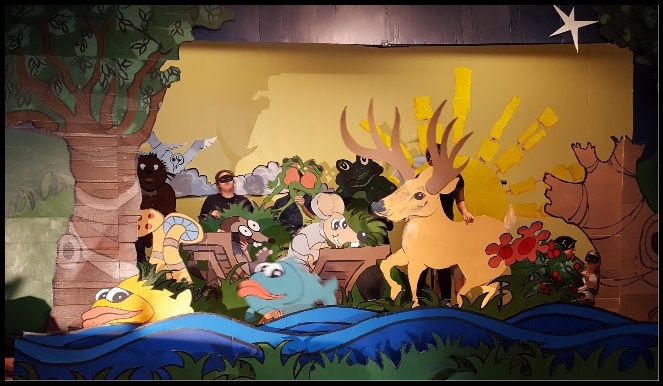 “But Mole stood still a moment, held in thought. As one wakened suddenly from a beautiful dream, who struggles to recall it, but can recapture nothing but a dim sense of the beauty in it, the beauty! Till that, too, fades away in its turn, and the dreamer bitterly accepts the hard, cold waking and all its penalties.”
― Kenneth Grahame,
“But Mole stood still a moment, held in thought. As one wakened suddenly from a beautiful dream, who struggles to recall it, but can recapture nothing but a dim sense of the beauty in it, the beauty! Till that, too, fades away in its turn, and the dreamer bitterly accepts the hard, cold waking and all its penalties.”
― Kenneth Grahame,  Just last week, during prayers at bedtime, my youngest son thanked God that piano lessons were over for the summer. I’m not sure when it became law for upright pianos to be stationed in every household, to break the backs of the fathers who move them there and to break the minds of children who, coming home daily from school, find not freedom but piano lessons, but it’s a law I resent even as I continue to abide by it. In one corner we, too, have a breaking-down piano like a hulking mushroom.
Just last week, during prayers at bedtime, my youngest son thanked God that piano lessons were over for the summer. I’m not sure when it became law for upright pianos to be stationed in every household, to break the backs of the fathers who move them there and to break the minds of children who, coming home daily from school, find not freedom but piano lessons, but it’s a law I resent even as I continue to abide by it. In one corner we, too, have a breaking-down piano like a hulking mushroom. The simple answer to the question is: I’ve read enough great books to just know. But this isn’t about that answer. It’s too simple anyway—and carelessly arrogant—however satisfactory it is. Instead this is about the question I found myself contemplating after reading the opening salvo of Tim Winton’s
The simple answer to the question is: I’ve read enough great books to just know. But this isn’t about that answer. It’s too simple anyway—and carelessly arrogant—however satisfactory it is. Instead this is about the question I found myself contemplating after reading the opening salvo of Tim Winton’s 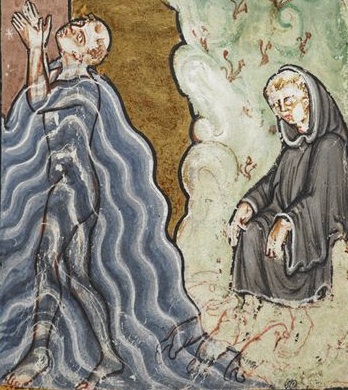
 I found the skin of a snake in my backyard last summer while I was crawling on my hands and knees pulling weeds. Sandwiched between stalks of crocosmia was an entire body case, white and transparent, stamped with tiny squares, like thin patterned tissue paper. Resting there whole, without the snake itself, I thought of the disciples finding Jesus’ grave clothes in the empty tomb. Where had he gone?
I found the skin of a snake in my backyard last summer while I was crawling on my hands and knees pulling weeds. Sandwiched between stalks of crocosmia was an entire body case, white and transparent, stamped with tiny squares, like thin patterned tissue paper. Resting there whole, without the snake itself, I thought of the disciples finding Jesus’ grave clothes in the empty tomb. Where had he gone? “Do you ever get used to such a place?’
She laughs then, a short bitter laugh I recognize and comprehend at once.
"Do you get used to life?" she says.
“Do you ever get used to such a place?’
She laughs then, a short bitter laugh I recognize and comprehend at once.
"Do you get used to life?" she says.
 Read Part I
Read Part I 

 Naomi Shihab Nye describes poetry as “a conversation with the world, a conversation with those words on the page allowing them to speak back to you—a conversation with yourself.”
Naomi Shihab Nye describes poetry as “a conversation with the world, a conversation with those words on the page allowing them to speak back to you—a conversation with yourself.”